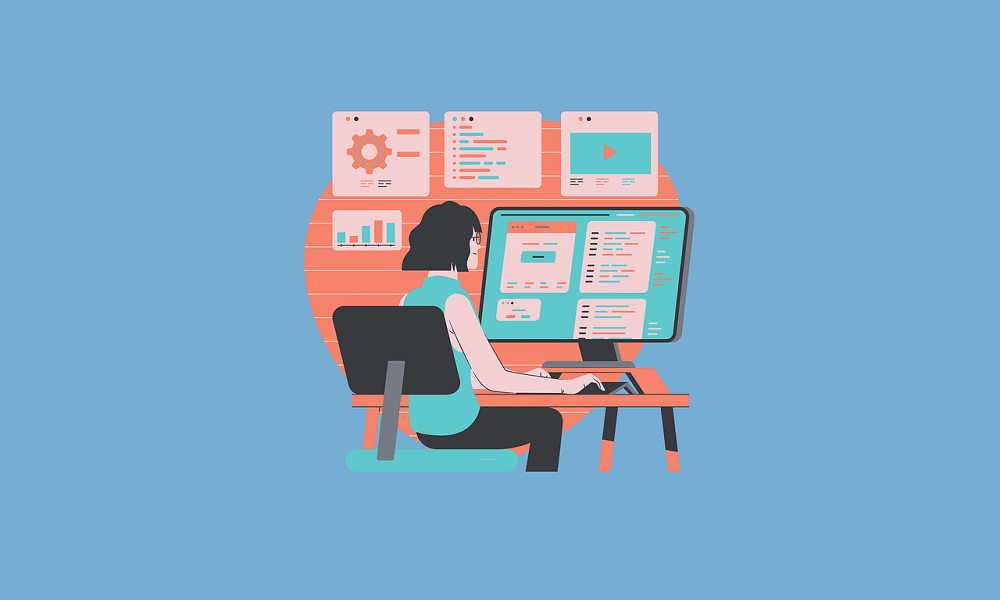Excerpt: The differences between SaaS and non-SaaS programs call for a specialized approach to how we market each. Find out what makes SaaS unique and the marketing aspects to address here.
It’s crucial to adjust your marketing strategies to accommodate the changes to the way we provide, purchase, and use software with SaaS. This article will explore the aspects that make SaaS unique and the differences in marketing approaches compared to non-SaaS programs.
What Makes SaaS Unique
SaaS is the process of using the Internet to deliver software functions. SaaS companies host their software on a cloud server, which cuts the costs of investing in high computing hardware to run a program. This method makes operational aspects such as access, data tracking, software management, security, and maintenance more efficient by keeping it all in one server location. A well-known example of a SaaS tool is Microsoft Office 365.
The key differences between SaaS and traditional software include:
Delivery: Utilizing cloud servers for hosting software allows remote access to the program through web browsers or lightweight apps. This provides benefits such as, platform compatibility, cost-effectiveness, feedback availability, and scaling potential. Remote access delivery heavily contrasts with the conventional requirement to install and run the software using your devices’ computing power.
Cost Structure: SaaS tools are typically offered through a subscription-based payment model. Because you are paying for access, this can be thought of as renting the program to use its functions rather than owning it after one initial lump payment. This can be beneficial due to the lack of a large initial payment and the option to cancel your subscription if the service is no longer needed.
Maintenance and Updates: Utilizing SaaS programs alleviate the user’s need to apply for and wait for maintenance or updates. Access to the most updated version of the software is virtually instantaneous because the service provider is responsible for providing updates, patches, and bug fixes and can easily apply them to the host server.
Customization and Integration: Because SaaS aims to be accessible to a broader audience, creating a personalized user experience is slightly limited to what the provider is willing to offer. This is to ensure consistency in the user experience and to maintain simplicity. Integration is facilitated by providing APIs and other prebuilt integrations with any SaaS collaborators. This improves efficiency among SaaS tools and creates a cohesive software network.
Data Security and Compliance: Because SaaS programs are hosted on the provider’s servers, data security and compliance are their responsibility. This results in the need for significant consideration of the provider’s trustworthiness and reputation. To enforce this, strict industry standards and regulations, such as HIPPA and GDPR, are imposed to hold companies accountable for their security and compliance.
SaaS vs. Non-SaaS Marketing
The differences in characteristics result in a shift away from traditional software marketing to accommodate the delivery, management, and user-experience demands of SaaS. One of the best SaaS marketing agency strategies to utilize is SEO, which organically grows brand awareness by frequently ranking higher on search engine result pages.
SaaS Marketing
Retention-Focused Approach: SaaS marketing focuses on a long-term recurring revenue profit model. Subscription-based payment models benefit SaaS by allowing providers to consistently maintain their programs’ performance, integrity, and security. Because of this, it is crucial to focus on client retention to keep up with maintenance costs. Retaining clients positively affects brand reputation, which is essential for growing your business by attracting new customers.
User Consideration: Because convenient access allows a provider to increase its number of users, it is crucial to consider a more mainstream marketing approach. This approach focuses on promoting a generalized user experience and using a broad message to attract the most people. Strategies that benefit a generalized user experience can include free trials, promoting features with multiple use cases, offering customizable tool bundles, and expanding software capabilities by collaborating with other providers.
Platform Consideration: Because SaaS services are inherently web-provided, brand awareness is almost exclusively achieved online. The key to this is utilizing various web-based channels, such as content, email and social media marketing, website advertisements, and search engine optimization. When considering your target audience, examine data regarding platform-use statistics to determine where to focus your marketing efforts and to ensure compatibility with the promoted product.
Non-SaaS Marketing Comparison
The limited access to non-SaaS software results in a different approach to promoting these programs. It allows for a more individual-focused marketing strategy to address niche interests and consider computing limitations. Non-SaaS programs also differ due to their initial one-time payment model structure and focus on large-sum, short-term profit. This results in the requirement to generate new clients to maintain profitability and promote business growth.
For non-SaaS companies, retention is achieved by maintaining a strong reputation to encourage the purchase of newly released products. While trust and reliability are vital for supporting brand image, traditional software providers apply these traits to prioritize gaining new customers rather than retention.
Key Takeaways
If you are short on time, here are the key points to take away from this article.
- SaaS is the process of delivering software functions remotely.
- It provides benefits to factors such as accessibility, cost-effectiveness, and maintenance.
- Remote delivery, a subscription-based cost structure, streamlined maintenance processes, generalized user experience, and provider security are among the aspects that set it apart from traditional software.
- The subscription-based cost structure prioritizes retention over obtaining new customers.
- The enhanced accessibility results in the need to focus on broader audiences.
- Utilizing digital marketing strategies, such as SEO, provides an advantage due to the web-based nature of SaaS.


